Safest Baby Food Without Heavy Metals: Safest for Your Child

Every parent wants Safest Baby Food Without Heavy Metals. Choosing the right food is essential. But some baby foods contain heavy metals. This can be harmful to your little one. In this article, we will explore the safest baby food.
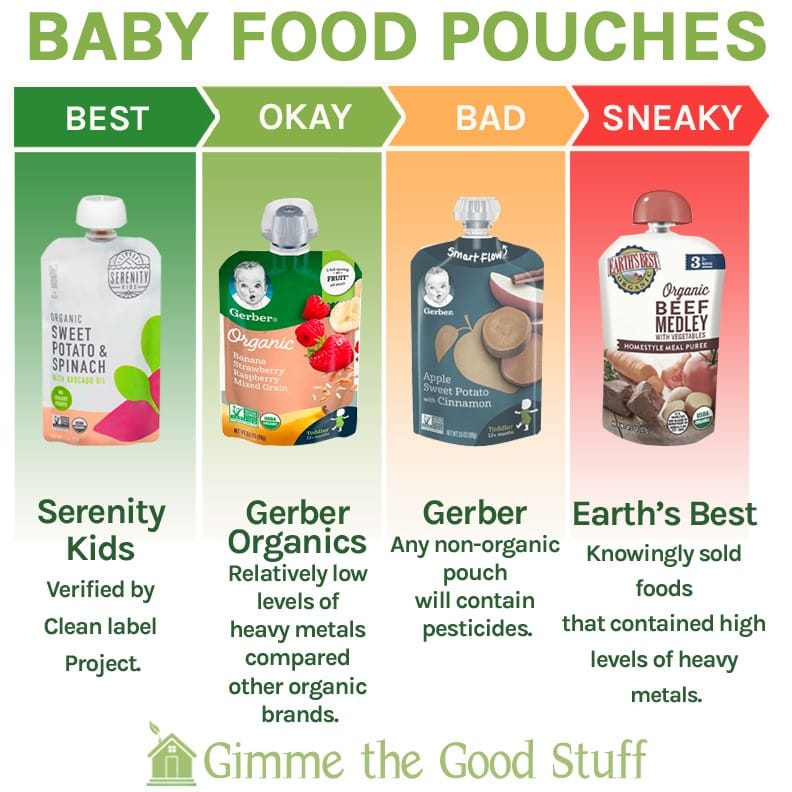
What Are Heavy Metals?
Heavy metals are elements like lead, mercury, cadmium, and arsenic. They can be found in soil, water, and air. These metals can enter the food chain and end up in baby food.
Why Are Heavy Metals Dangerous?
Heavy metals can be toxic. They can affect your baby’s development. They can harm the brain, kidneys, and other organs. It is important to avoid them.
How Do Heavy Metals Get Into Baby Food?
Heavy metals can be present in the environment. They can get into crops through contaminated soil and water. Processing and packaging can also introduce metals into baby food.
Choosing the Safest Baby Food
Here are some tips to choose the safest baby food without heavy metals:
- Go Organic: Organic foods are grown without harmful pesticides and fertilizers. They are less likely to contain heavy metals.
- Check Labels: Look for labels that say “no added preservatives” or “no artificial ingredients”. This can help you avoid heavy metals.
- Homemade Baby Food: Making baby food at home allows you to control the ingredients. Use fresh, organic produce to ensure safety.
- Avoid Rice-Based Products: Rice can contain higher levels of arsenic. Choose alternatives like oats or quinoa.
- Variety is Key: Offering a variety of foods can minimize the risk of heavy metal exposure.
Best Brands for Safe Baby Food
Some baby food brands are known for their safety standards. Here are a few trusted brands:
| Brand | Why It’s Safe |
|---|---|
| Happy Baby | Uses organic ingredients and tests for heavy metals. |
| Earth’s Best | Certified organic and has strict quality controls. |
| Plum Organics | Focuses on organic produce and rigorous testing. |
| Gerber Organic | Offers organic options and conducts regular testing. |
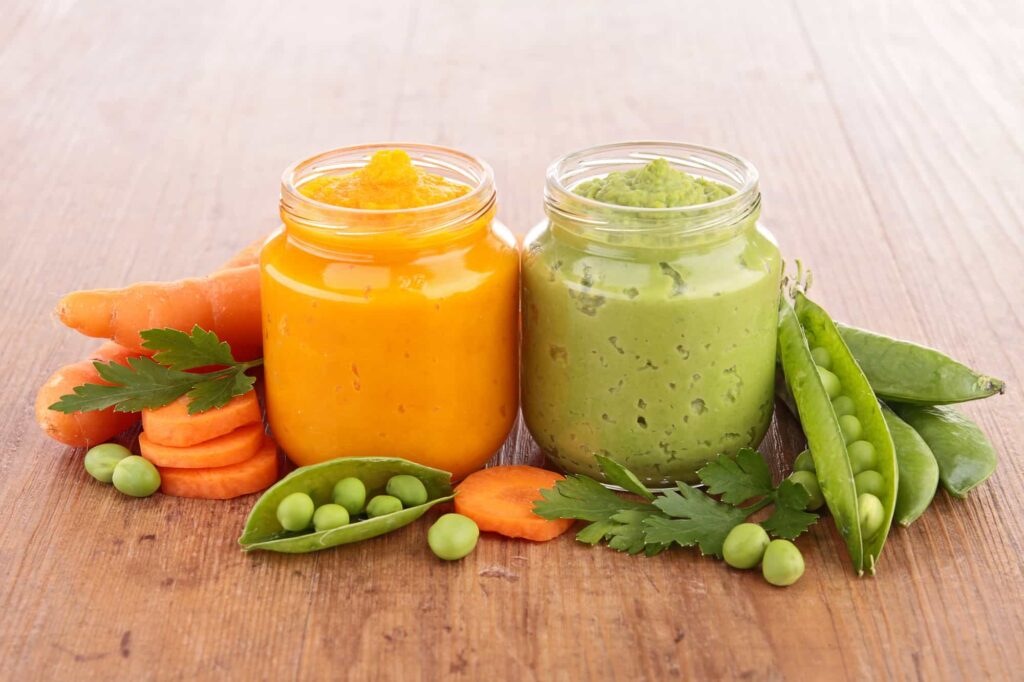
Homemade Baby Food Recipes
Making baby food at home can be fun and safe. Here are some easy recipes:
Banana And Avocado Mash
Ingredients:
- 1 ripe banana
- 1 ripe avocado
Instructions:
- Peel and mash the banana.
- Peel and mash the avocado.
- Mix together up to getting smooth.
Sweet Potato Puree
Ingredients:
- 1 sweet potato
Instructions:
- Peel and chop the sweet potato.
- Steam upto getting soft.
- Blend up to coming smooth.
Apple And Carrot Puree
Ingredients:
- 1 apple
- 1 carrot
Instructions:
- Peel and chop the apple and carrot.
- Steam upto getting soft.
- Blend up to coming smooth.
Tips for Making Homemade Baby Food
Here are some tips to make homemade baby food safely:
- Use Fresh Ingredients: Fresh, organic produce is the best choice.
- Clean Thoroughly: Wash all fruits and vegetables well.
- Store Properly: Store homemade baby food in airtight containers. Refrigerate or freeze to keep it fresh.
- Test for Allergies: Introduce new foods one at a time. Watch for any allergic reactions.
Frequently Asked Questions
What Are Heavy Metals In Baby Food?
Heavy metals in baby food are toxic elements like lead, arsenic, mercury, and cadmium, harmful to babies’ health.
How Do Heavy Metals Enter Baby Food?
Heavy metals can enter baby food through contaminated soil, water, and industrial pollution during farming and processing.
Which Baby Foods Are Heavy Metals-free?
Organic brands and homemade purees often have lower heavy metal levels. Always check brand transparency and testing.
Are Organic Baby Foods Safer?
Organic baby foods tend to have fewer pesticides and heavy metals. They follow strict farming and processing guidelines.
Conclusion
Choosing the safest baby food is crucial for your baby’s health. Avoiding heavy metals in baby food is essential. Opt for organic, check labels, and consider homemade options. Trusted brands and fresh ingredients can help ensure safety. By following these tips, you can provide the best nutrition for your little one.
Remember, a healthy start leads to a healthy future. Always consult your pediatrician before making any changes to your baby’s diet.
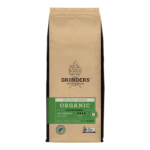
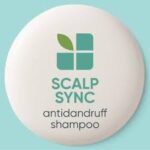
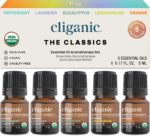
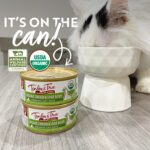
Leave a Reply